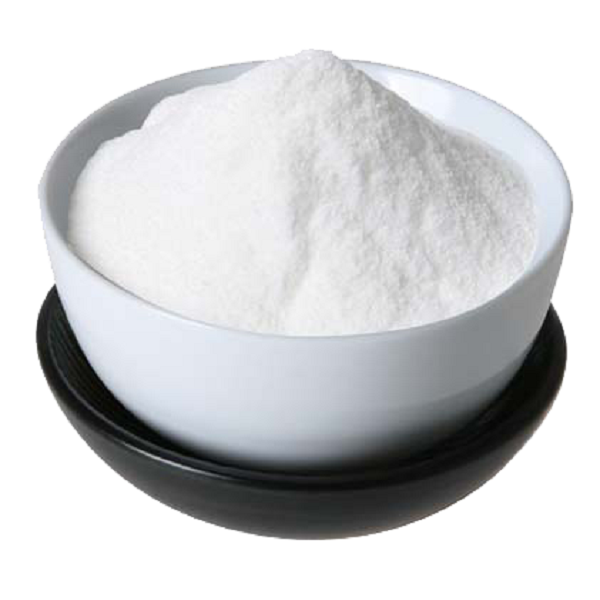- Home
- News
- Vitamin B1, an important feed additive for maintaining normal nerve conduction and heart and digestive system in animals
Vitamin B1, an important feed additive for maintaining normal nerve conduction and heart and digestive system in animals
As a feed additive, vitamin B1 plays an important role in maintaining normal nerve conduction and normal activities of the heart and digestive system. In the absence of livestock and poultry, it is easy to produce carbohydrate metabolism disorders and decrease appetite.
1. Application of vitamin B1 in aquatic products: Due to the wide role of vitamin B1 in aquatic animals, long-term shortage of vitamin B1 not only affects its growth, but also causes a series of deficiencies through metabolic reaction disorders in the body. Studies have found that crustaceans, such as shrimp and crab, cannot synthesize vitamin B1 or the amount is small, and it is difficult to meet their own physiological needs, so they must be obtained by artificial feeding. Related studies have found that the vitamin B1 diet must be guaranteed to be 60 mg / kg in order to make the shrimp fully utilize the sugar source in the bait.
2. Vitamin B1 in poultry production: Vitamin B1 also plays an important role in the growth of poultry. The study found that adding thiamine to the diet significantly increased the body weight of broilers at 3 weeks of age and 4 to 7 weeks of age (P <0.01), 0 to 3 weeks of age and 4 to 7 weeks. The requirements for the aged broilers are 4.0 mg / kg and 1.6 mg / kg, respectively. Therefore it can be shown that vitamin B1 is essential in poultry feed formulations.
3. Application of vitamin B1 in ruminant production: Vitamin B1 has special nutritional effects on ruminants. The study found that during peak lactation, cows are prone to decline in milk production without eating concentrates. They can be injected intramuscularly with 0.25% vitamin B1 30mL. The lighter ones start to feed on the second day after injection, and the heavy ones need to pass 2 ~ It returned to normal after 3 doses. In addition, vitamin B1 is a specific drug in the treatment of bovine ketone body disease and equine myoglobinuria, and is widely used in organophosphate poisoning, food poisoning and drug poisoning.
Vitamin B1 is usually added in a multi-dimensional form in the feed. When adding vitamin B1, the type and growth stage of the animal must be considered to ensure the best production performance.

